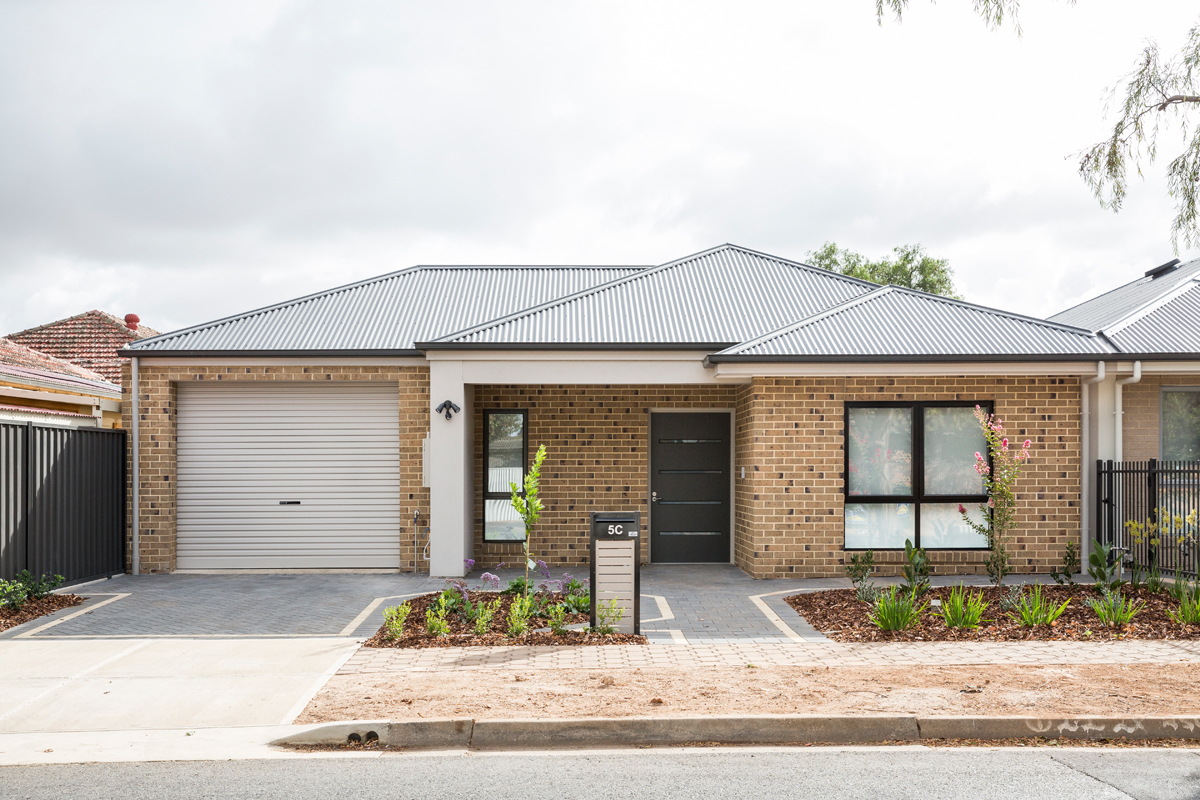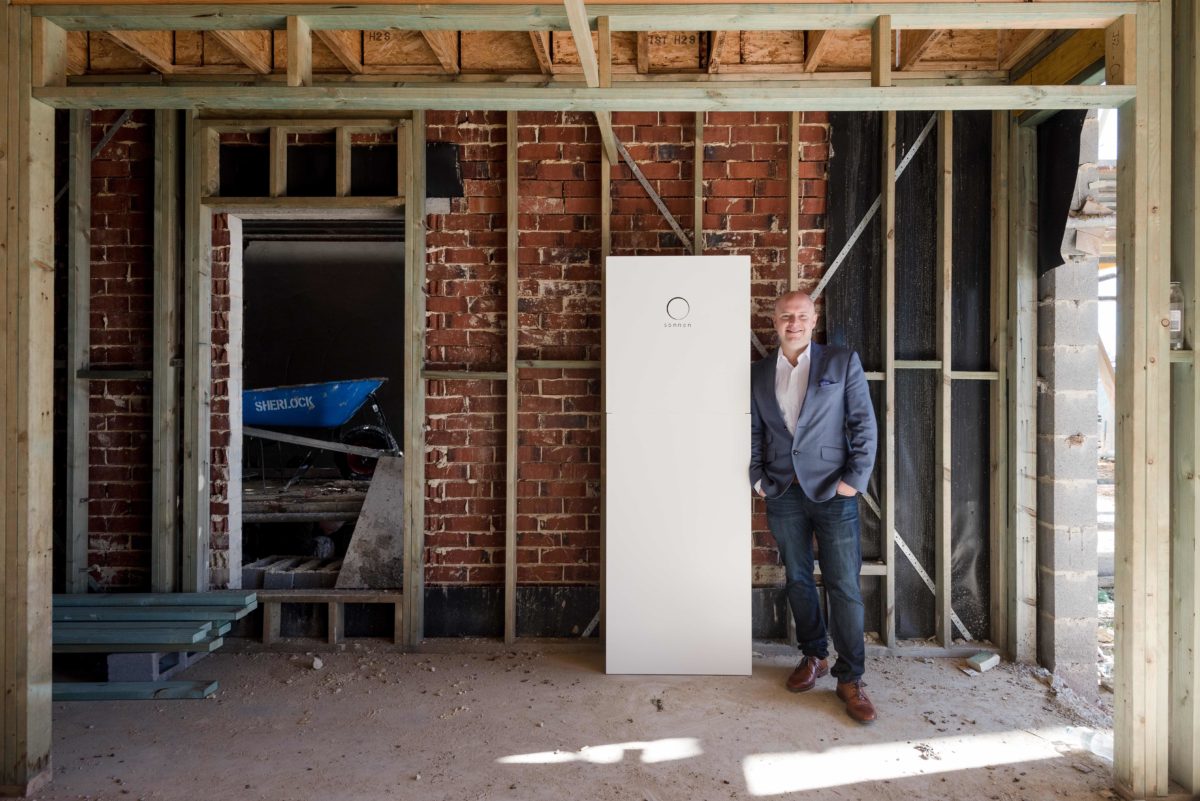Participants in the National Disability Insurance Scheme (NDIS) are being provided with a new approach to solar and battery storage for Specialist Disability Accommodation (SDA) in a development at Salisbury, South Australia.
Of particular interest in this initiative is Natural Solar’s custom development to the functionality of the sonnen batteries, a customisation that retains a minimum of 20% charge in every battery at all times. This bespoke functionality ensures that backup power will be provided in the event of a blackout or power outage, enabling residents to use key appliances if the power goes down.
Speaking to pv magazine Australia, CEO & Founder of Natural Solar Chris Williams noted that normal “backup functionality will only be able to utilise the available battery capacity at the time the event, like a blackout occurs. This means in some instances there may be no battery capacity available depending on the time of day, battery charge levels and other circumstances.” Another feature of the customisation is that if, for instance, a blackout occurs, the battery will prioritise “appliance load, so should a battery be required to draw on the remaining 20% power in the event of a blackout or outage, this will only power certain…pivotal appliances.”
“In essence,” said Williams, “we have created two backup circuits, minimising the draw when 20% capacity is reached.” This customised contingency setting, “has been developed and implemented in conjunction with the manufacturers’ engineering teams,” ensuring the customisation has no impact on the efficiency, operation or indeed the warranty of the batteries.
However, a 20% limiter on the battery means that if the battery does discharge to 20% during normal operating conditions the resident will begin to draw power from the grid. But Williams believes the systems are sized to minimise this occurring. “We do not anticipate this to increase the electricity bills by an equivalent measure of 20% as the systems themselves are expected to deliver above and beyond the average consumption for these dwellings to allow for the reduction in available battery capacity.”
The Salisbury development will see each two-bedroom, one-bathroom single-storey accessible home fitted with a 10kWh sonnen Battery Eco including backup power, and a 5.2 kWp solar system with Q-Cells modules. The homes will also sign up to the sonneFlat program.

Photo: Natural Solar
“Under this new electricity plan,” Williams said, “residents will no longer have to pay for power, and will only outlay a monthly flat administration fee of $40, saving residents up to $1,520 per year.”
The initiative has the support of Paul Fletcher, Minister for Families and Social Services, who said in a statement: “Australians with disability should have access to the same energy choices in their homes – and that is why I am pleased to see this example of a specialist disability accommodation development using the latest home solar technology.”
The Natural Solar systems was designed specifically to meet the needs of eligible participants of the NDIS renewables initiative ready to move in to the Salisbury development. If successful, Natural Solar will look to roll out similar solutions elsewhere. “This customisation is truly the tip of the iceberg.”
Author: Blake Matich
This content is protected by copyright and may not be reused. If you want to cooperate with us and would like to reuse some of our content, please contact: editors@pv-magazine.com.








By submitting this form you agree to pv magazine using your data for the purposes of publishing your comment.
Your personal data will only be disclosed or otherwise transmitted to third parties for the purposes of spam filtering or if this is necessary for technical maintenance of the website. Any other transfer to third parties will not take place unless this is justified on the basis of applicable data protection regulations or if pv magazine is legally obliged to do so.
You may revoke this consent at any time with effect for the future, in which case your personal data will be deleted immediately. Otherwise, your data will be deleted if pv magazine has processed your request or the purpose of data storage is fulfilled.
Further information on data privacy can be found in our Data Protection Policy.